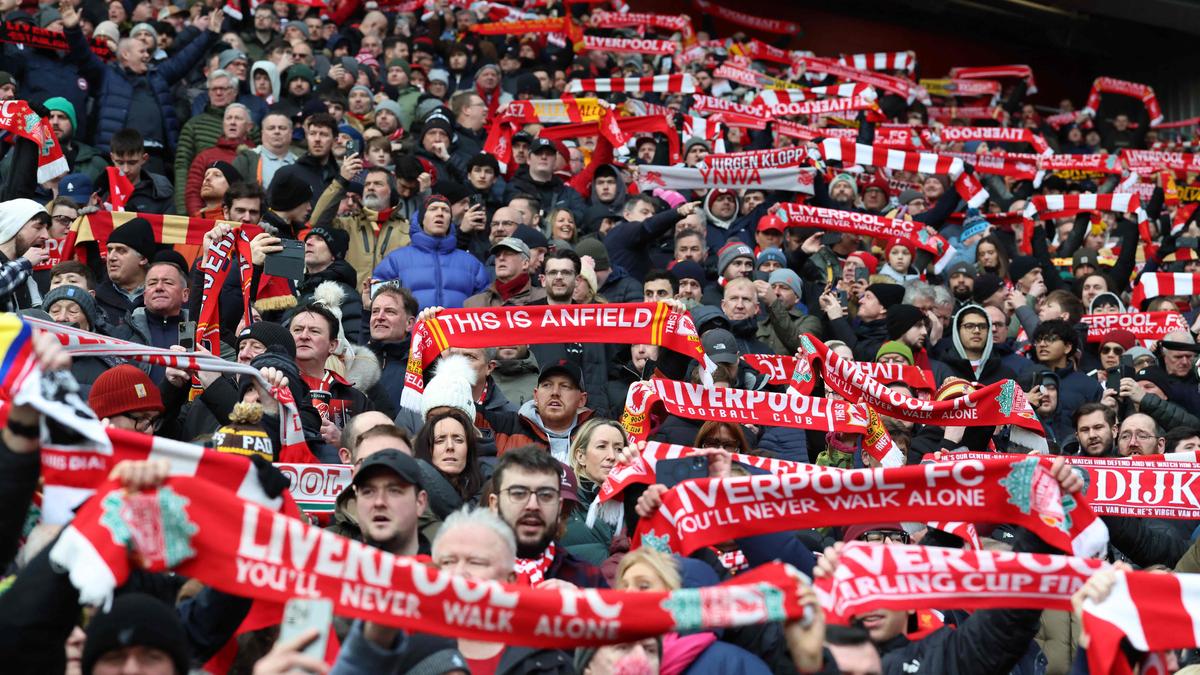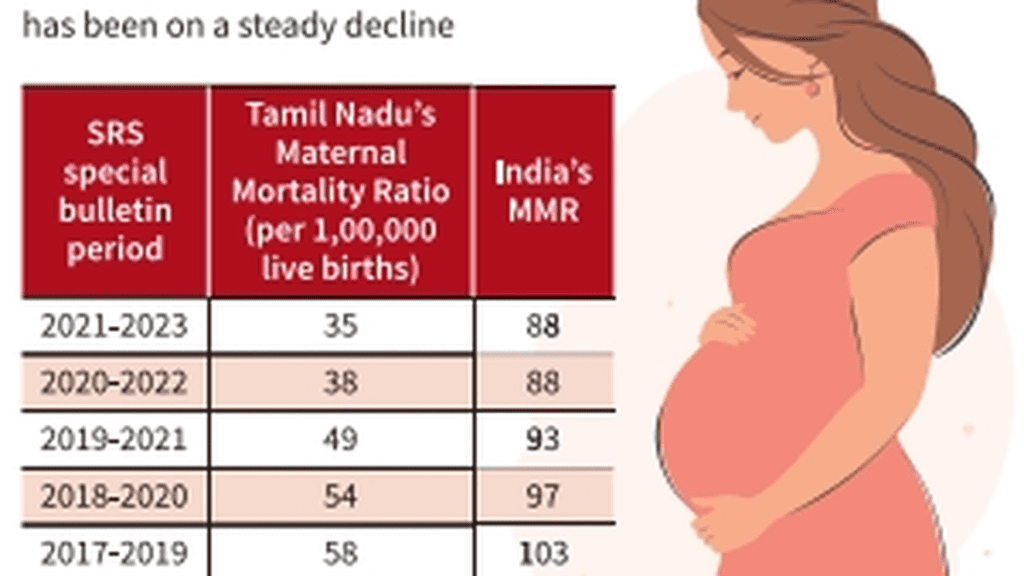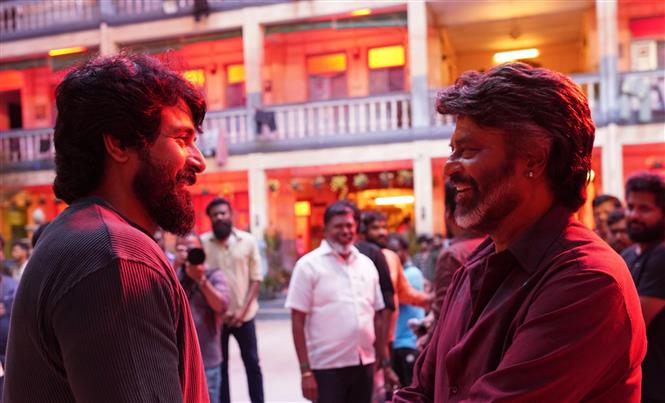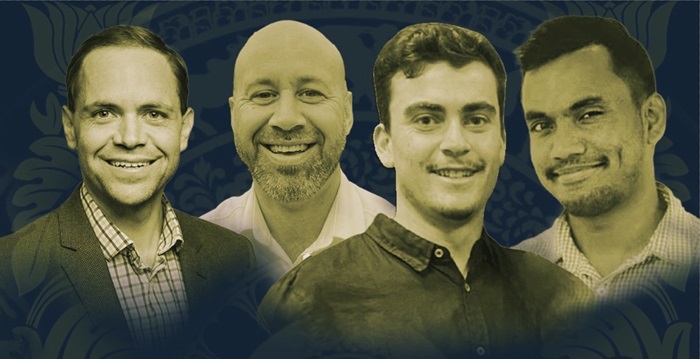Players play, but only the fans see the whole picture

Players play, but only the fans see the whole picture
Football is working class ballet, says the philosopher Simon Critchley, fully conscious of the contradiction in a game played by millionaires and followed by the working class too. Yet ballet it is, or as he puts it in another place, it is a matrix of moving nodes endlessly shifting but all the while trying to retain its form.
Critchley is an English philosopher who teaches in New York. He is a serious fan of Liverpool Club who says this“may be the governing passion of my life. My only religious commitment is to Liverpool Football Club.”The quotes above are from his book What We Think About When We Think About Football.It is not, the author tells us, a philosophy of football; perhaps it is about what football can teach philosophers.
Belgian writer Jean-Phillipe Toussaint held the view that it is in words that we can reactivate the ‘forgettableness’ of football, writing that can brush up against the experience of football. Perhaps that is why it has attracted philosophers and literary writers who as fans are able to see the bigger picture.
Critchley tells us that when someone is playing well, he is not conscious of the play itself. When interviewers thrust a mike in his face and ask a player what was going through his mind when he scored that goal or made that pass, the honest answer would be “nothing.” No one responds with, “I was thinking of buying a new pair of trousers, then watching a Tarantino movie, and perhaps having a pizza sent to my room for dinner.”
That’s why they often answer a stupid question with a politically correct answer like, “I was thinking of my country and my first coach and the hours my parents spent driving me to practice when I was in school.” No. If your mind was filled with all that, you didn’t have the focus to score the goal.
“The experience of watching football,” says Critchley, “bestows a strange license and liberty of speech.” Fanaticism and obsession are common conditions in football, but, as Critchley points out, the players play, but only the fans can see the whole picture. In football, he says, it is not just the disappointment (of your team losing) that kills you, it’s the ever-renewed hope.
Critchley refers to the philosophers Sartre and Heidegger, Nietzsche, the artist Velazquez, the playwright Brecht and others, but his book is accessible and enjoyable. The sport is looked at from the point of view of the players, the managers, the spectators, and in the passing the ego and large purses of the sponsors.
Despite everything, the purpose of play, Critchley reminds us, is play itself. It is not the expression of some inner psychological reality. A 0-0 draw, an Italian writer once told us, is the ideal game, achieving a sort of aesthetic harmony like in chess.
“I have found a strange beauty,” says Critchley, “to watching one team completely nullify another.” Goal-scoring, he says is a media obsession. It’s a thought…
Published on Mar 05, 2025










